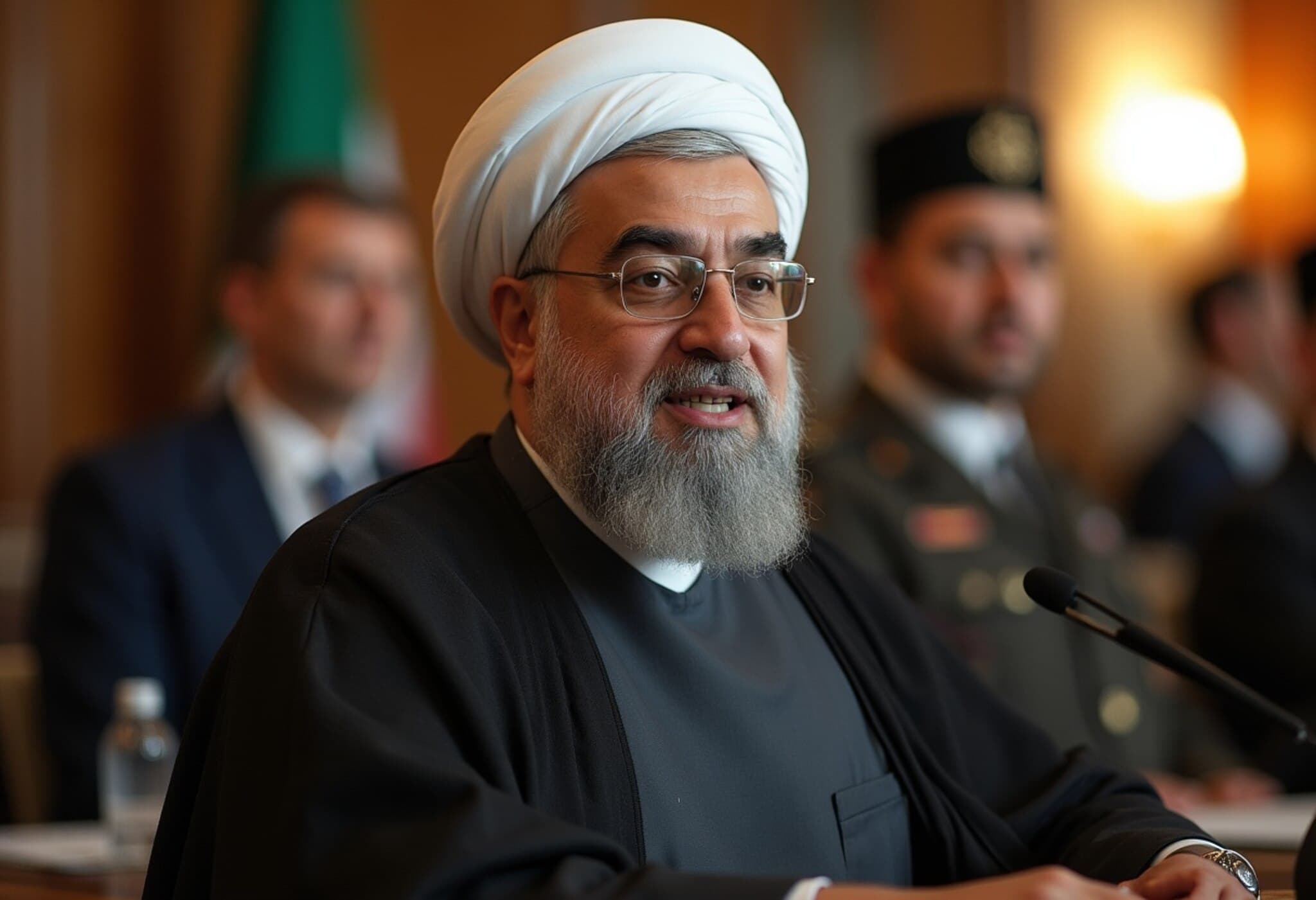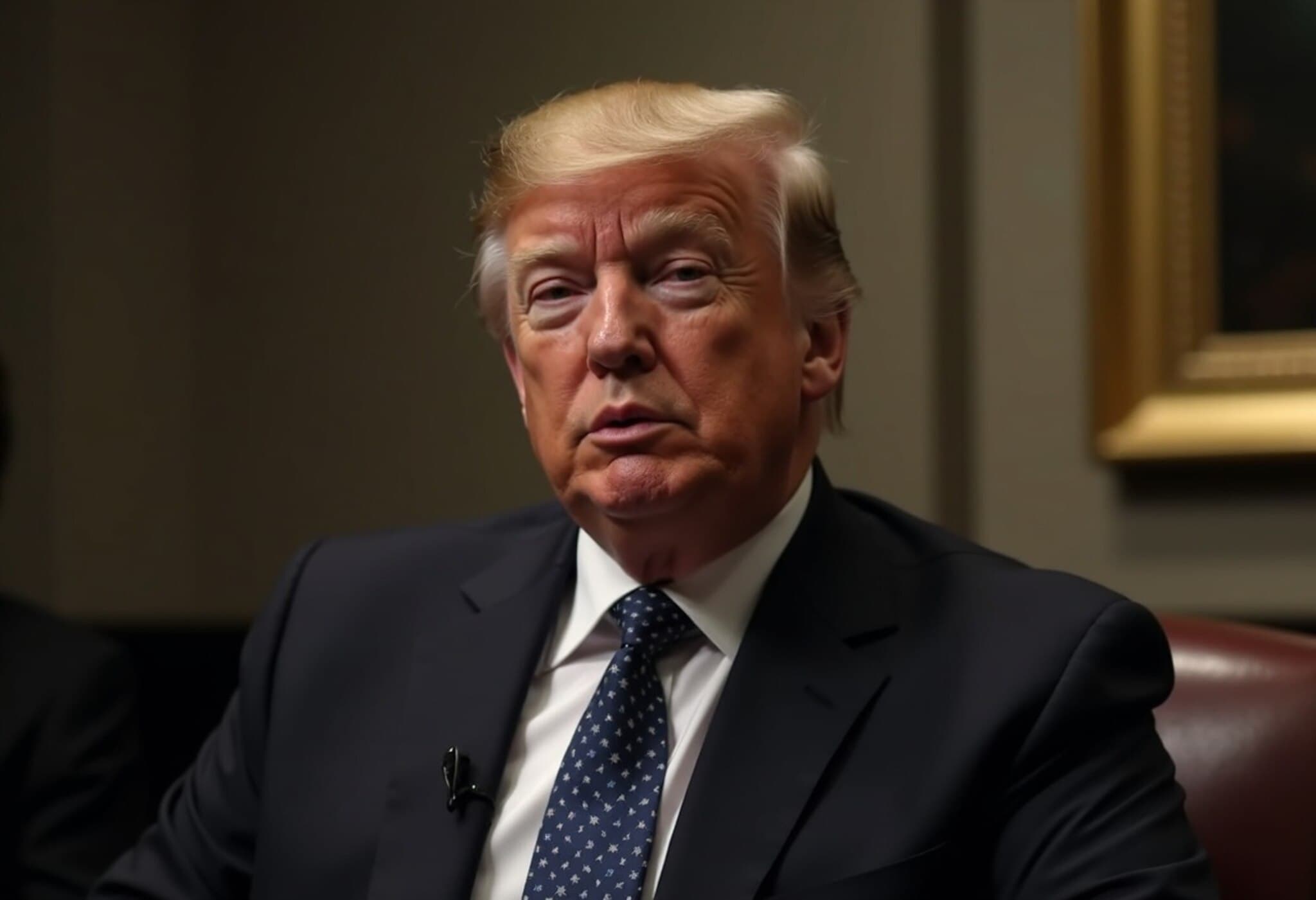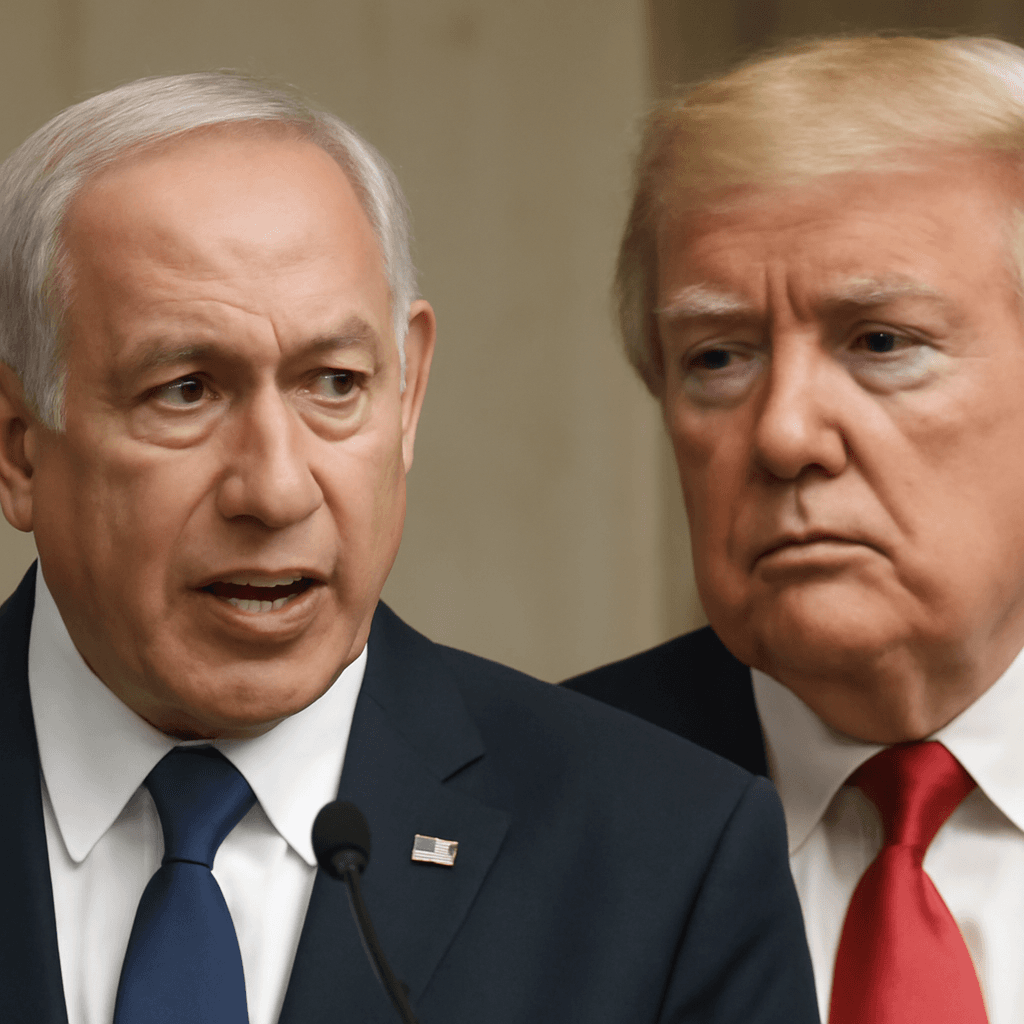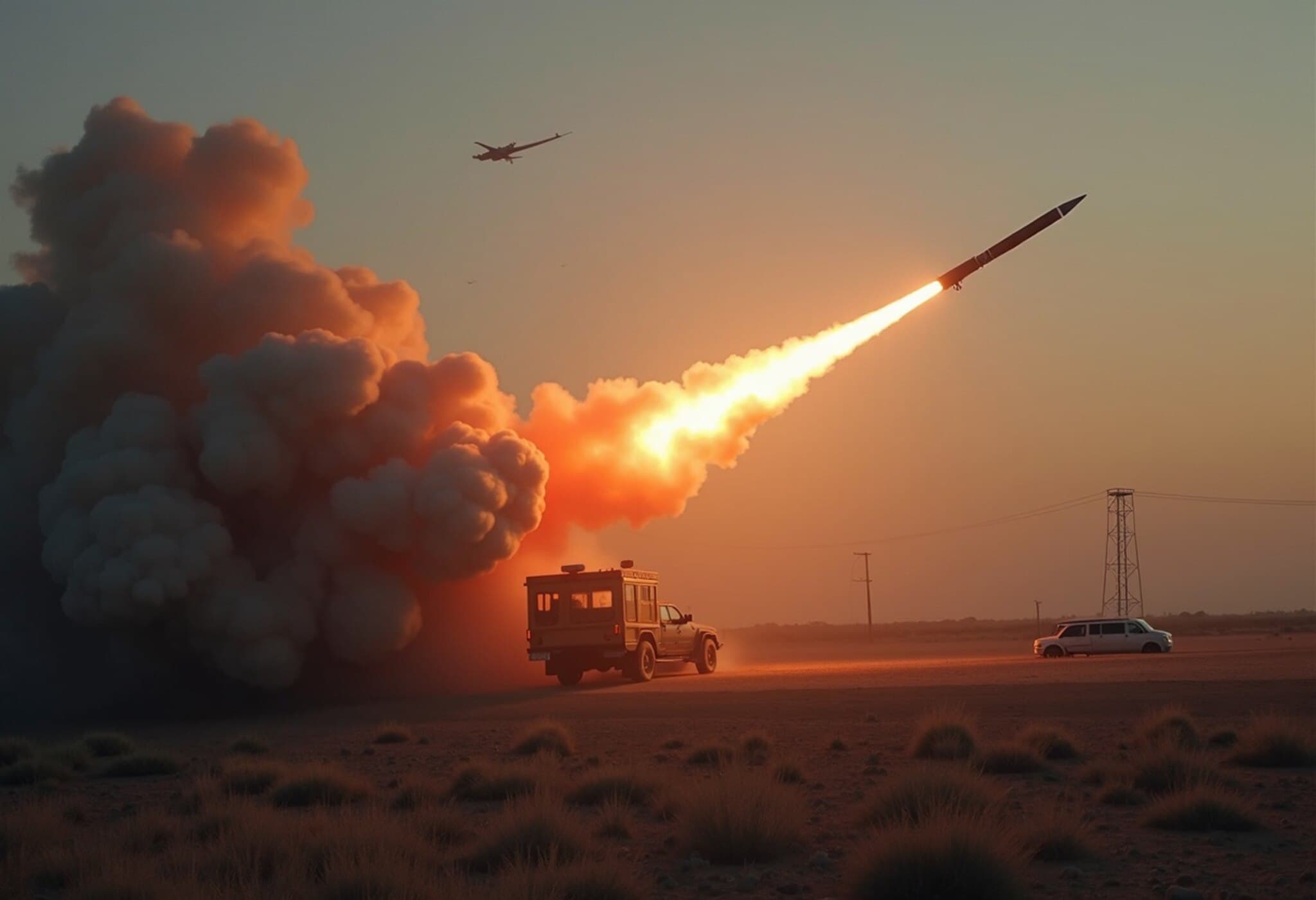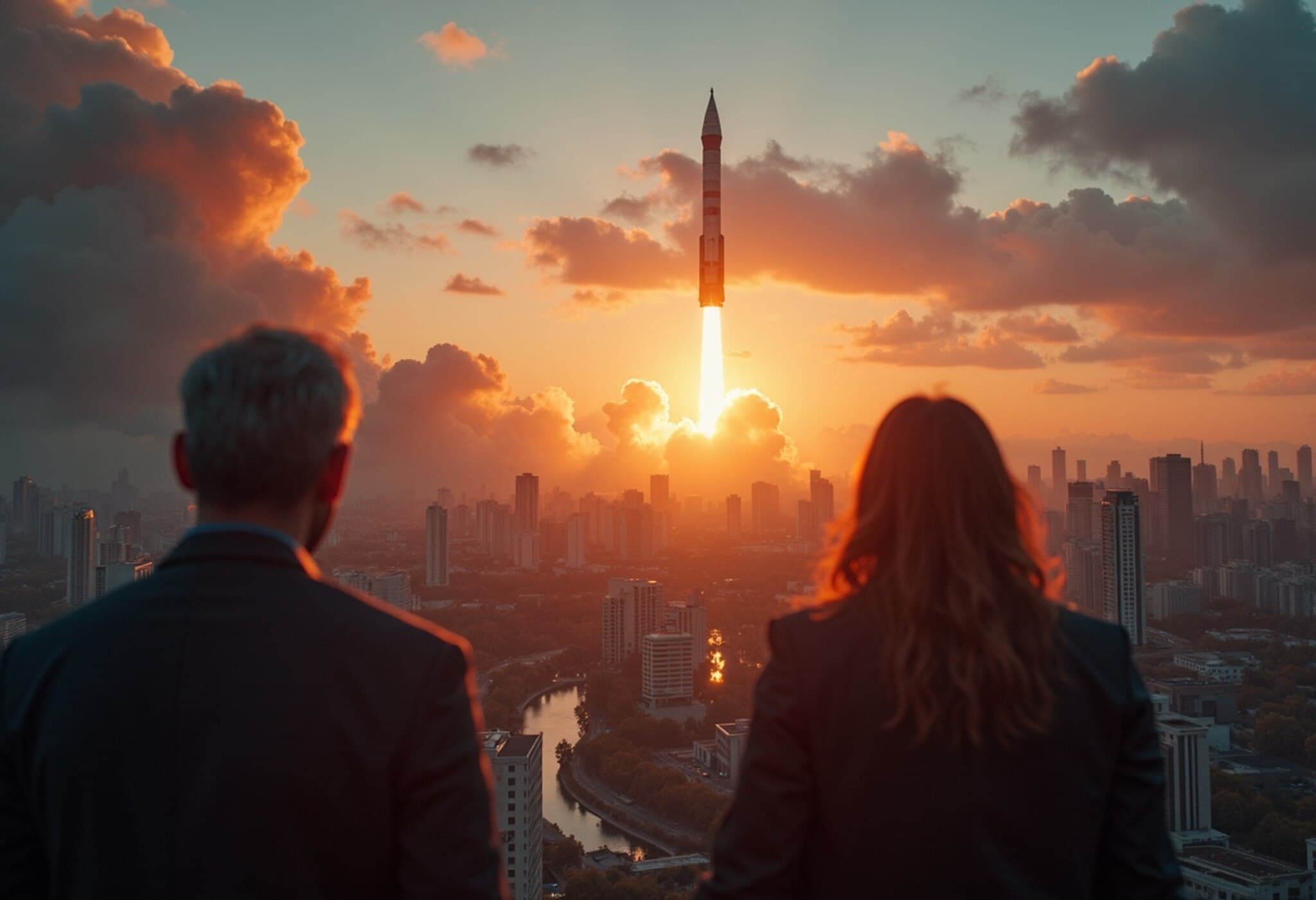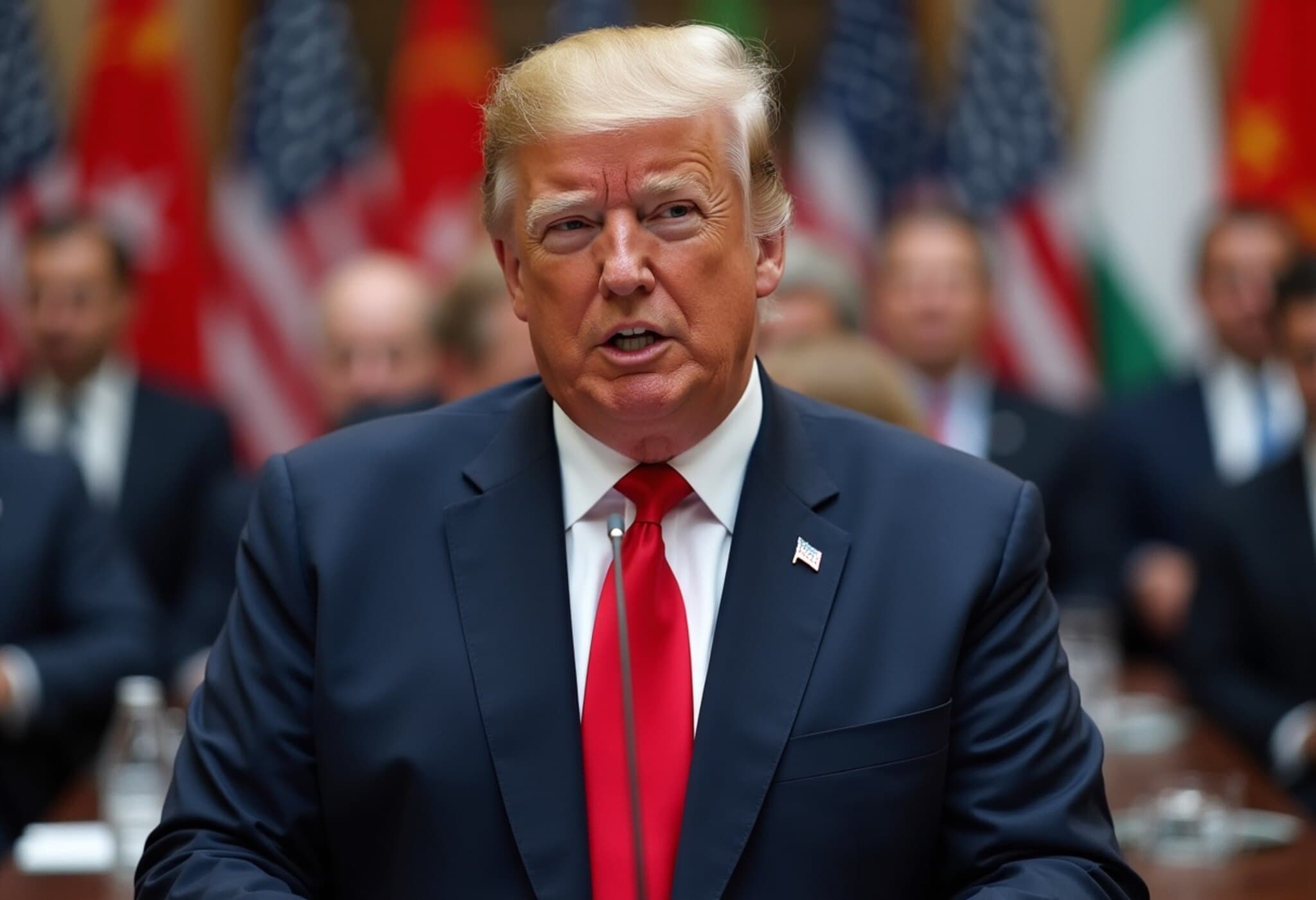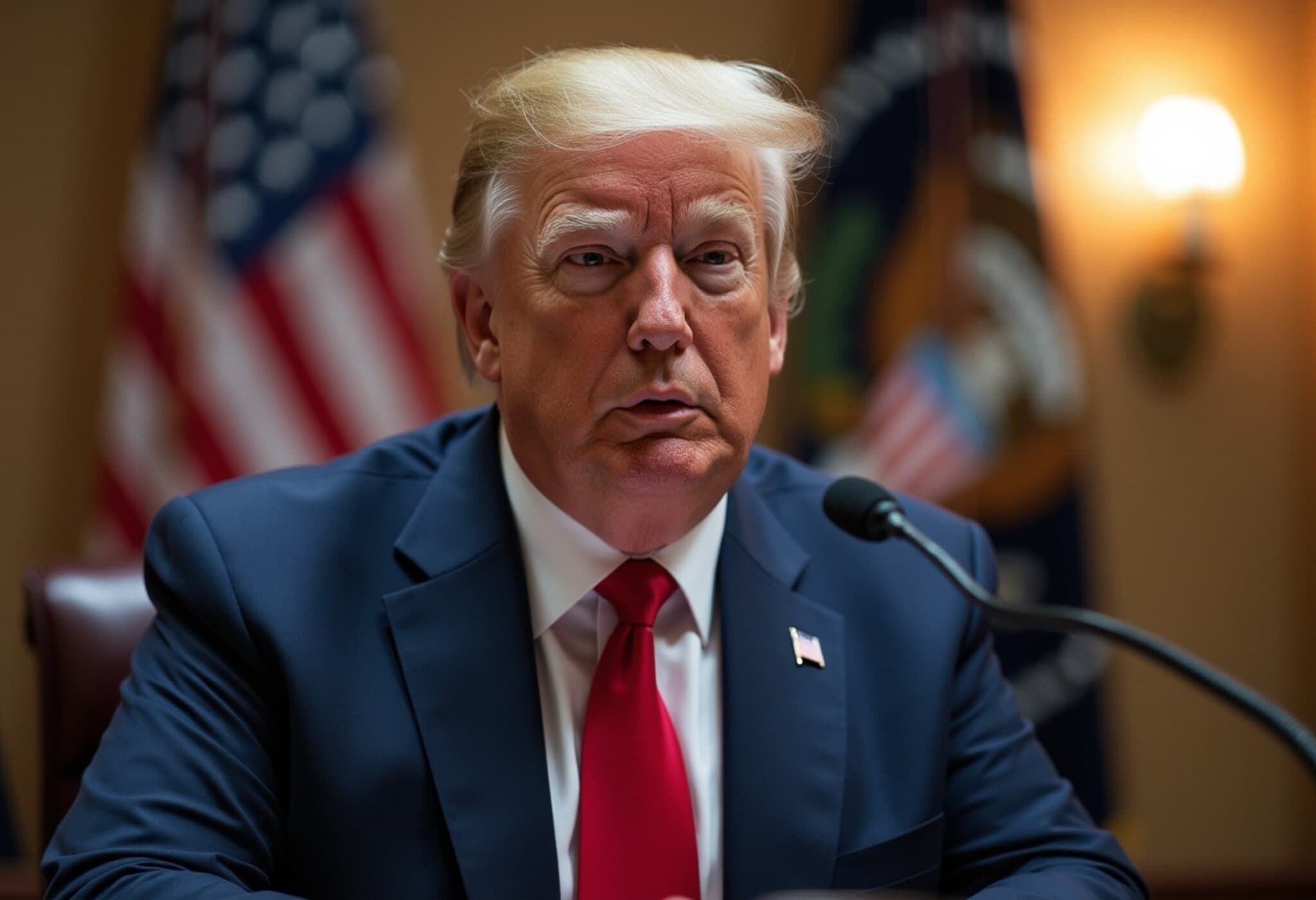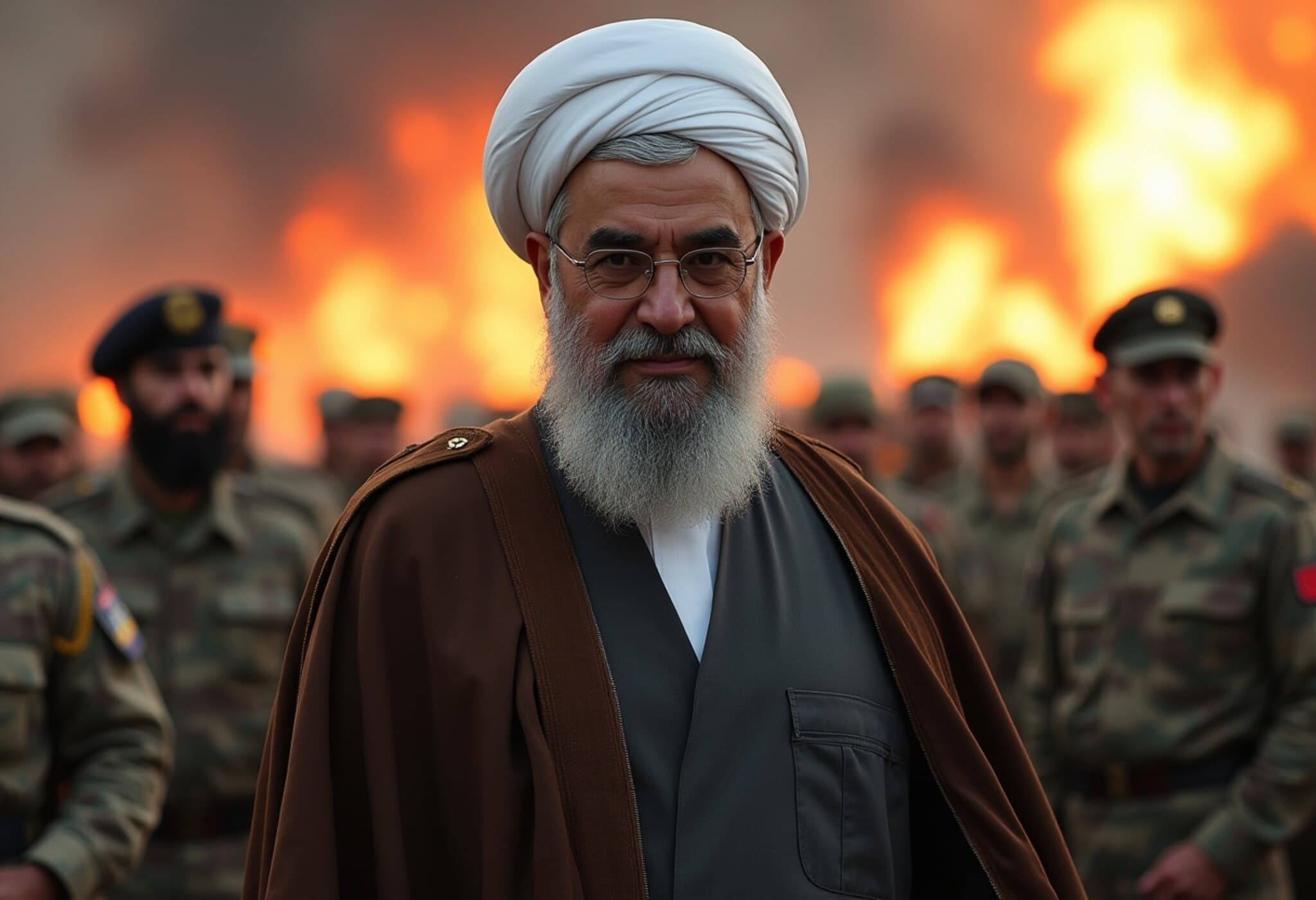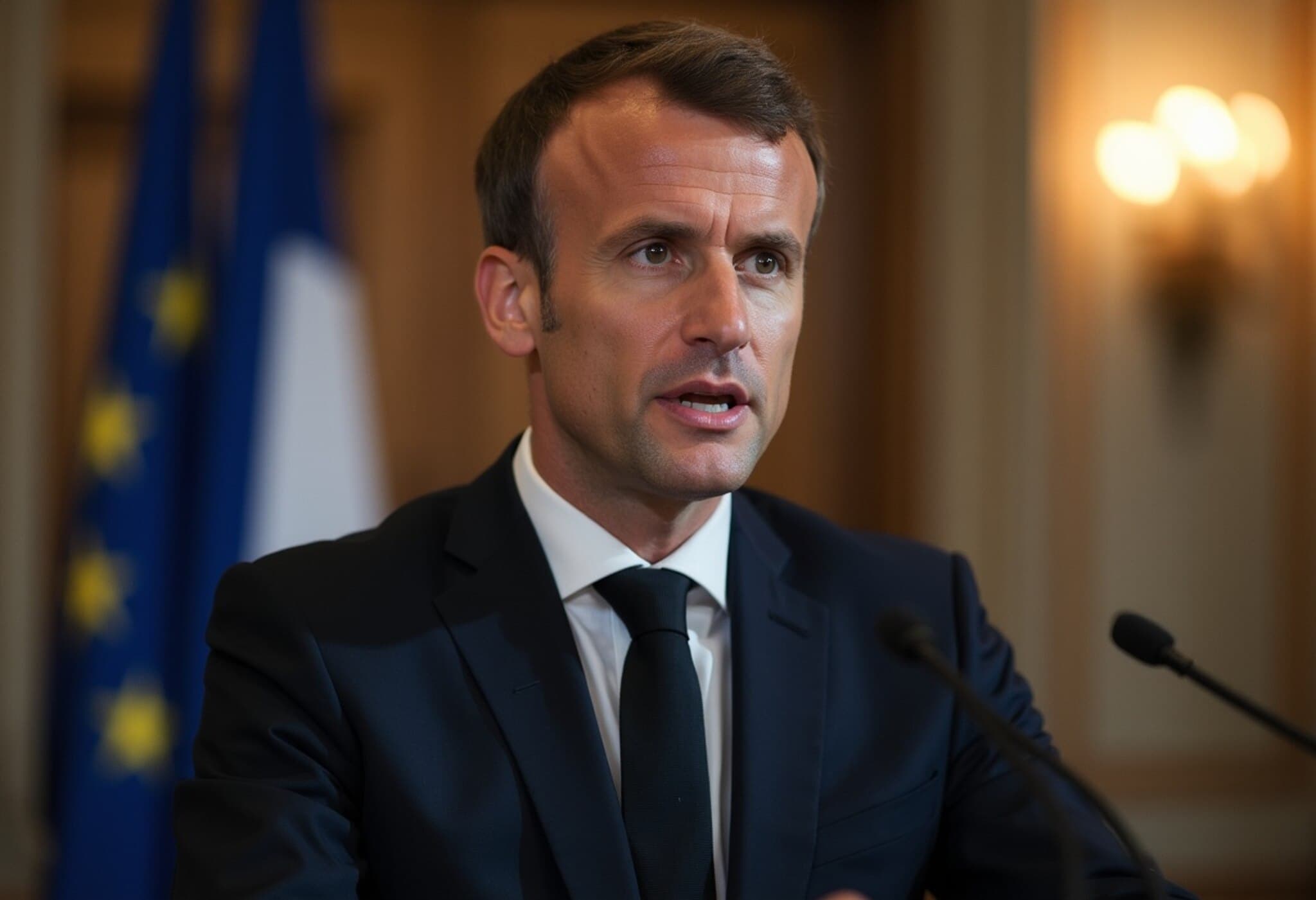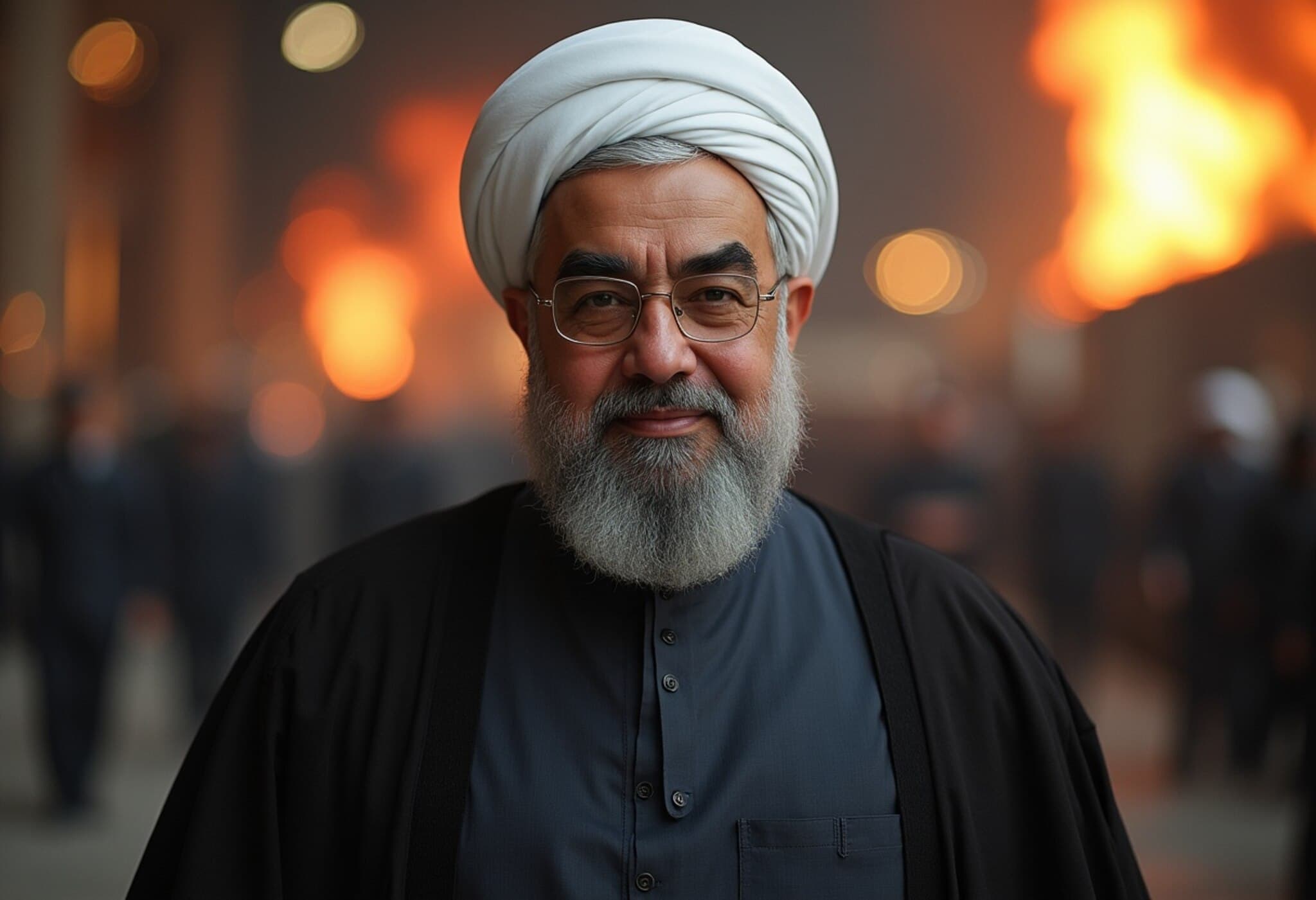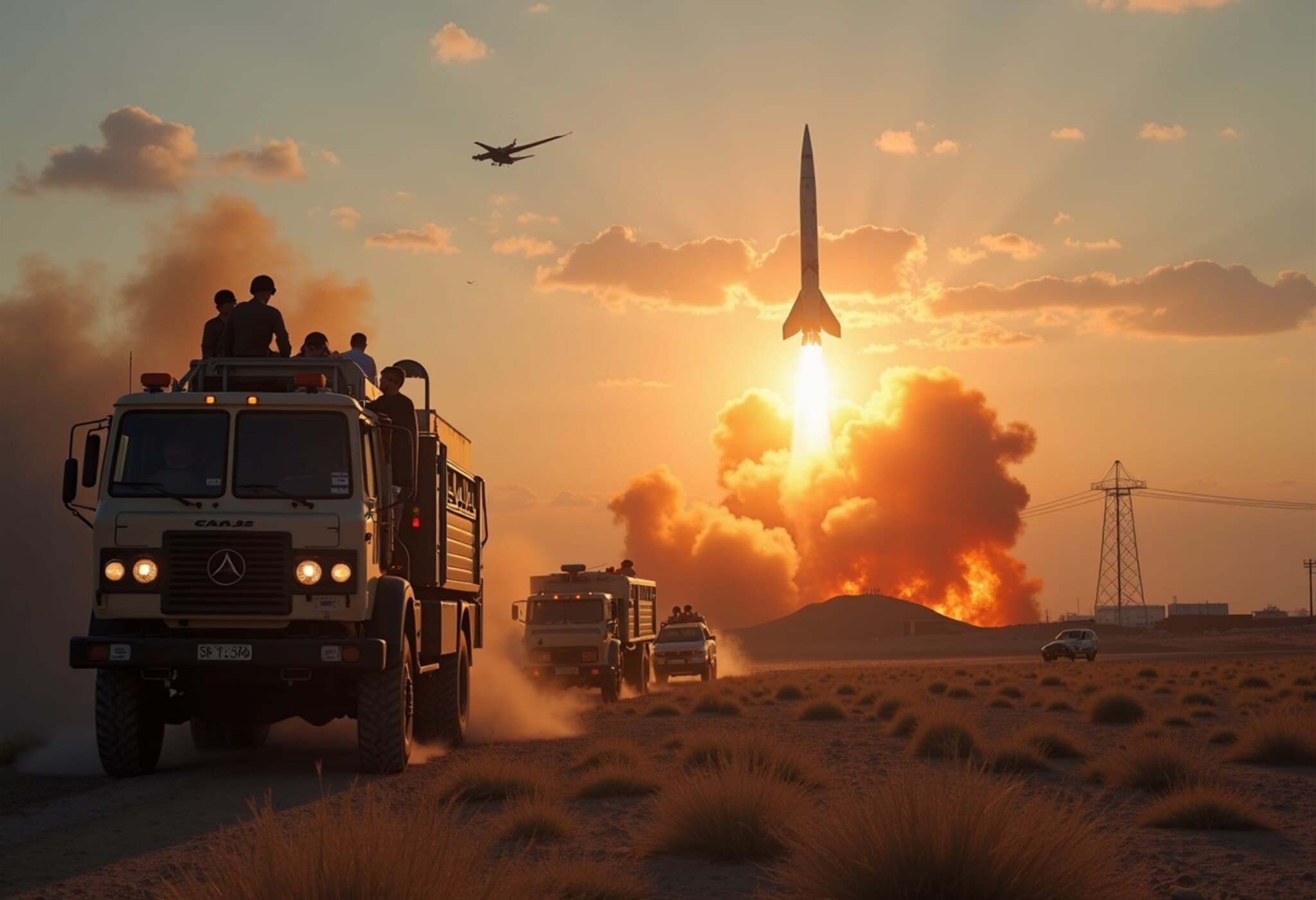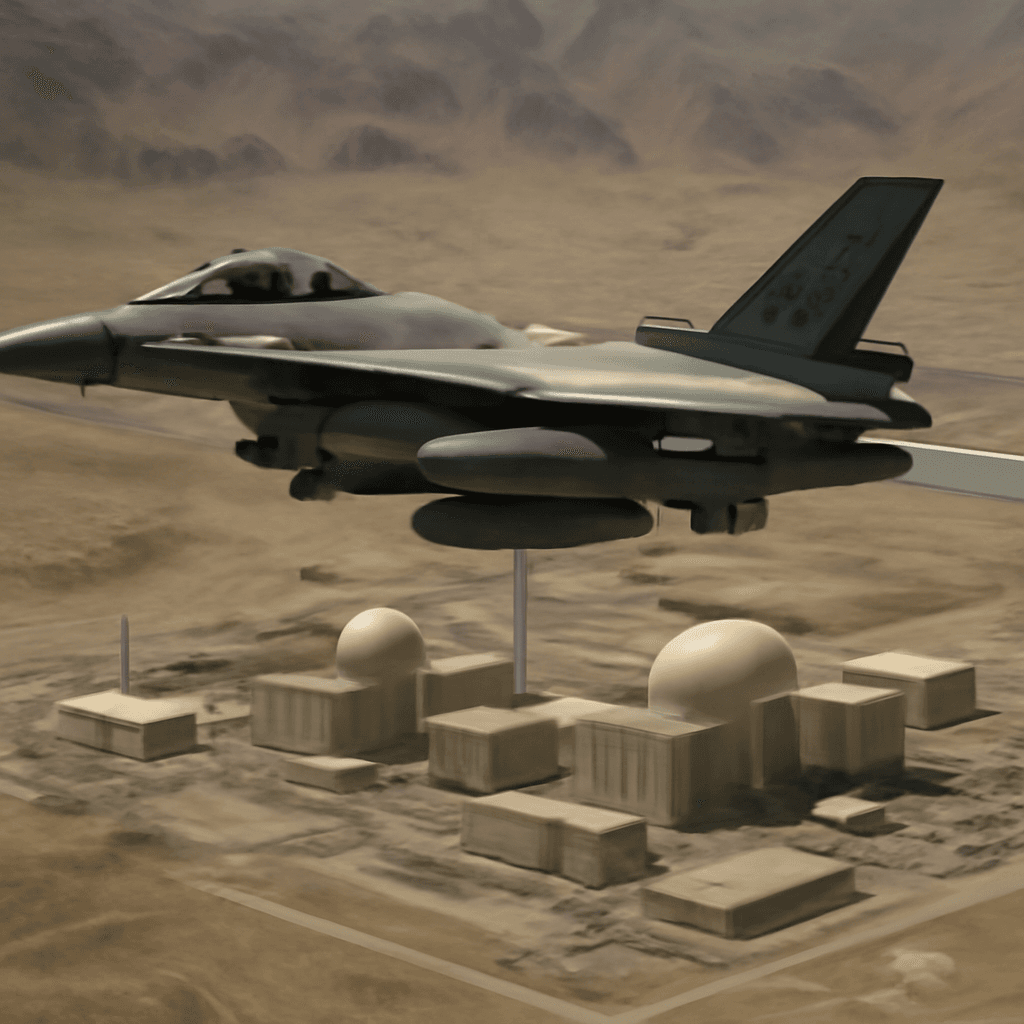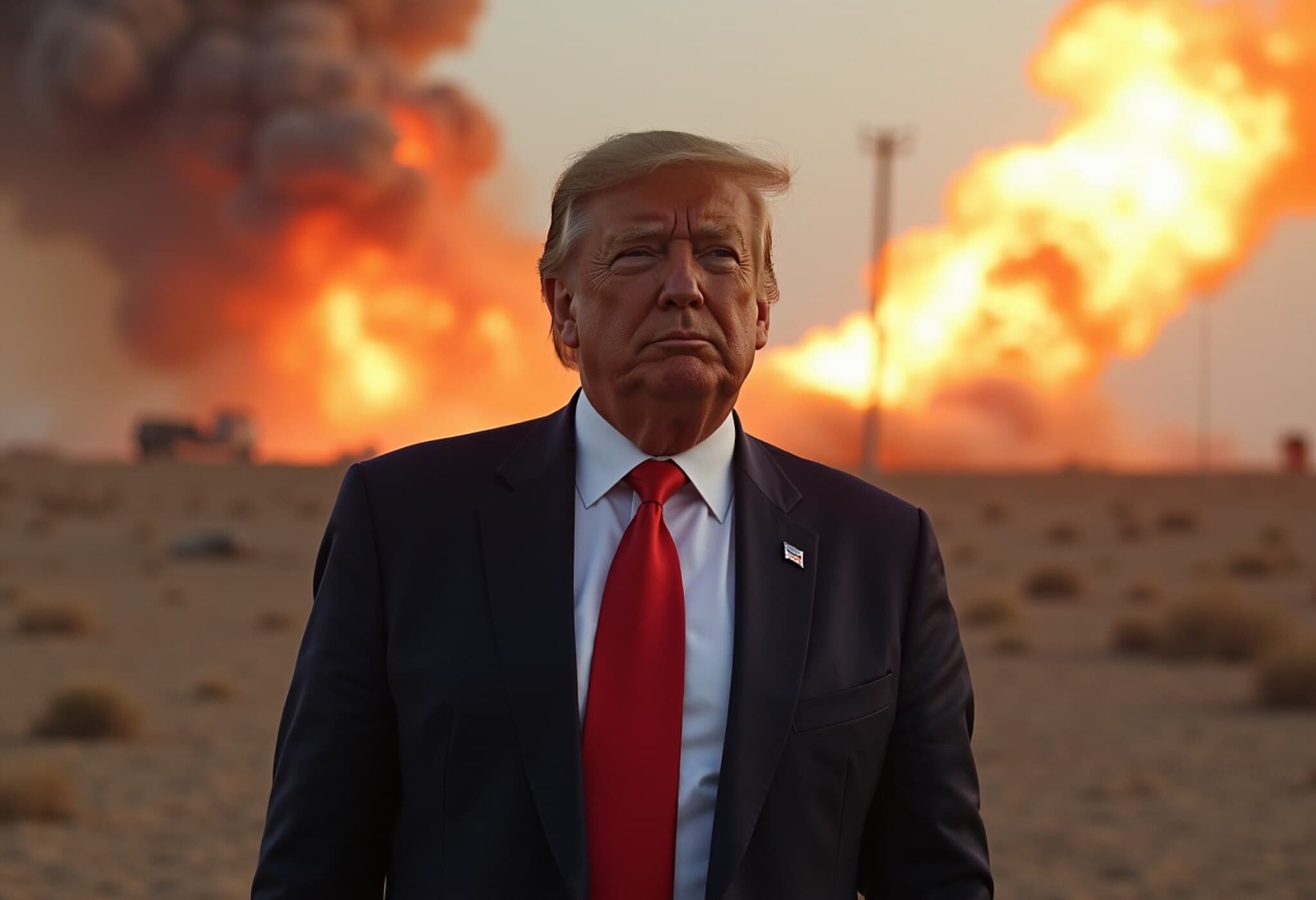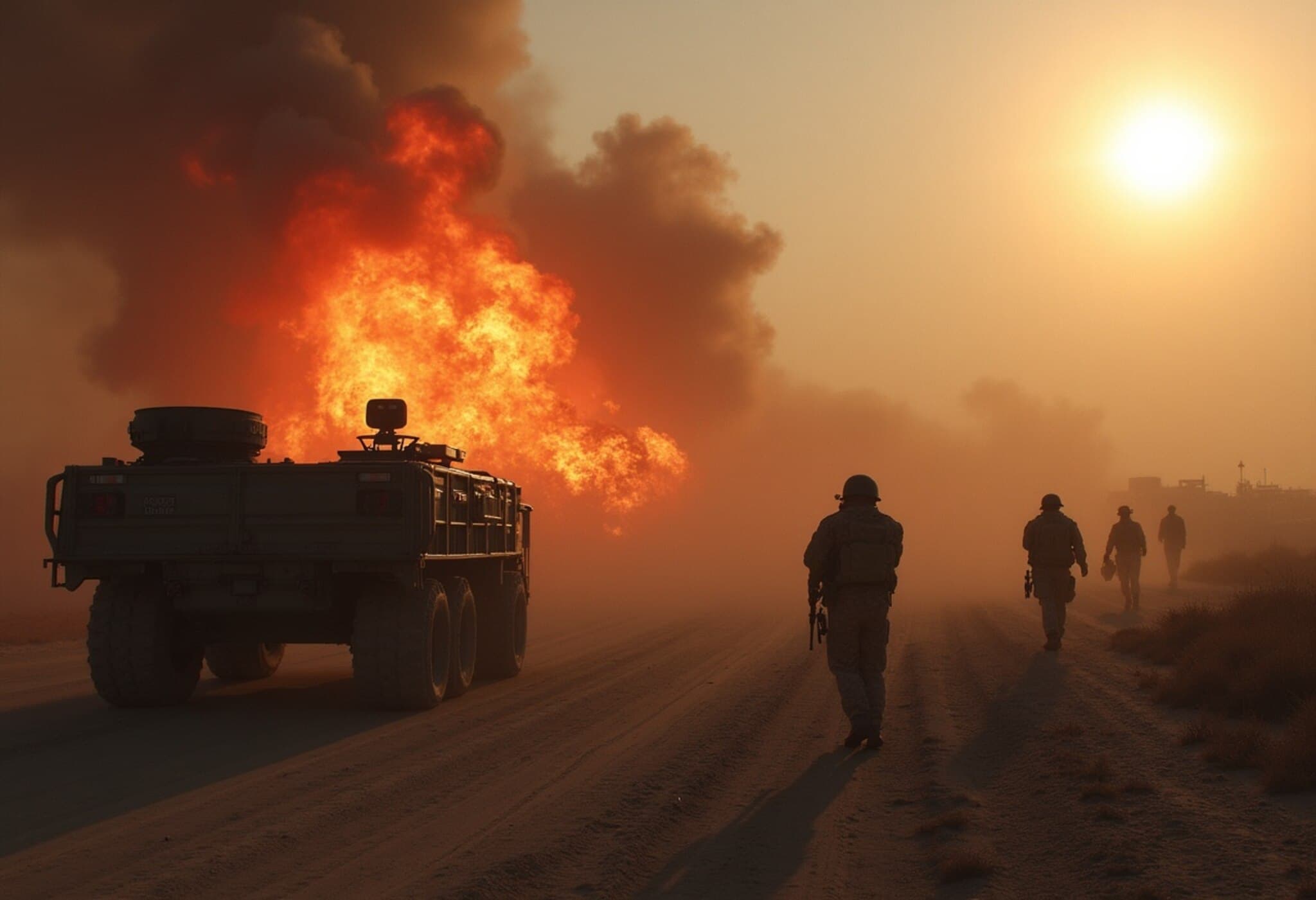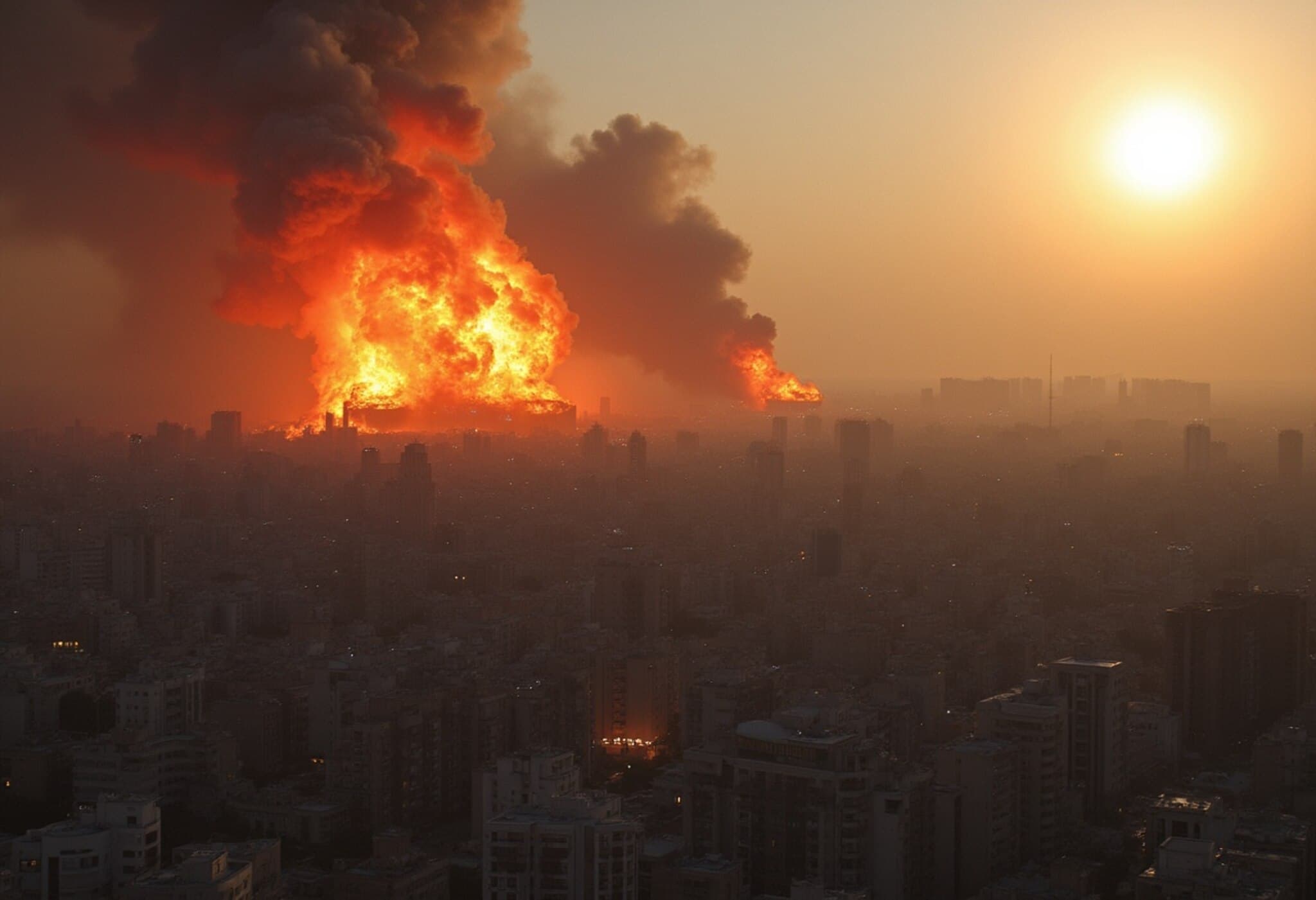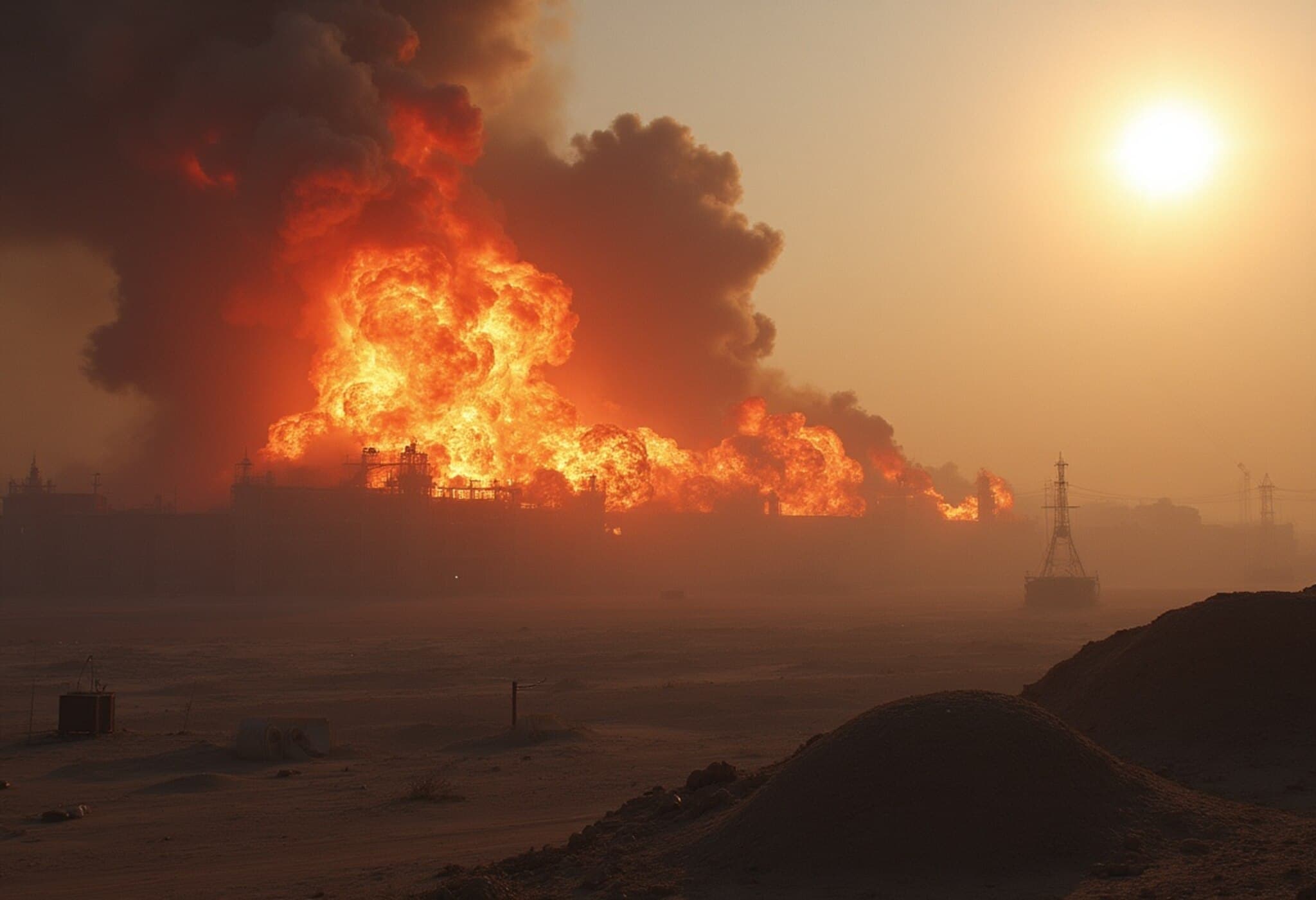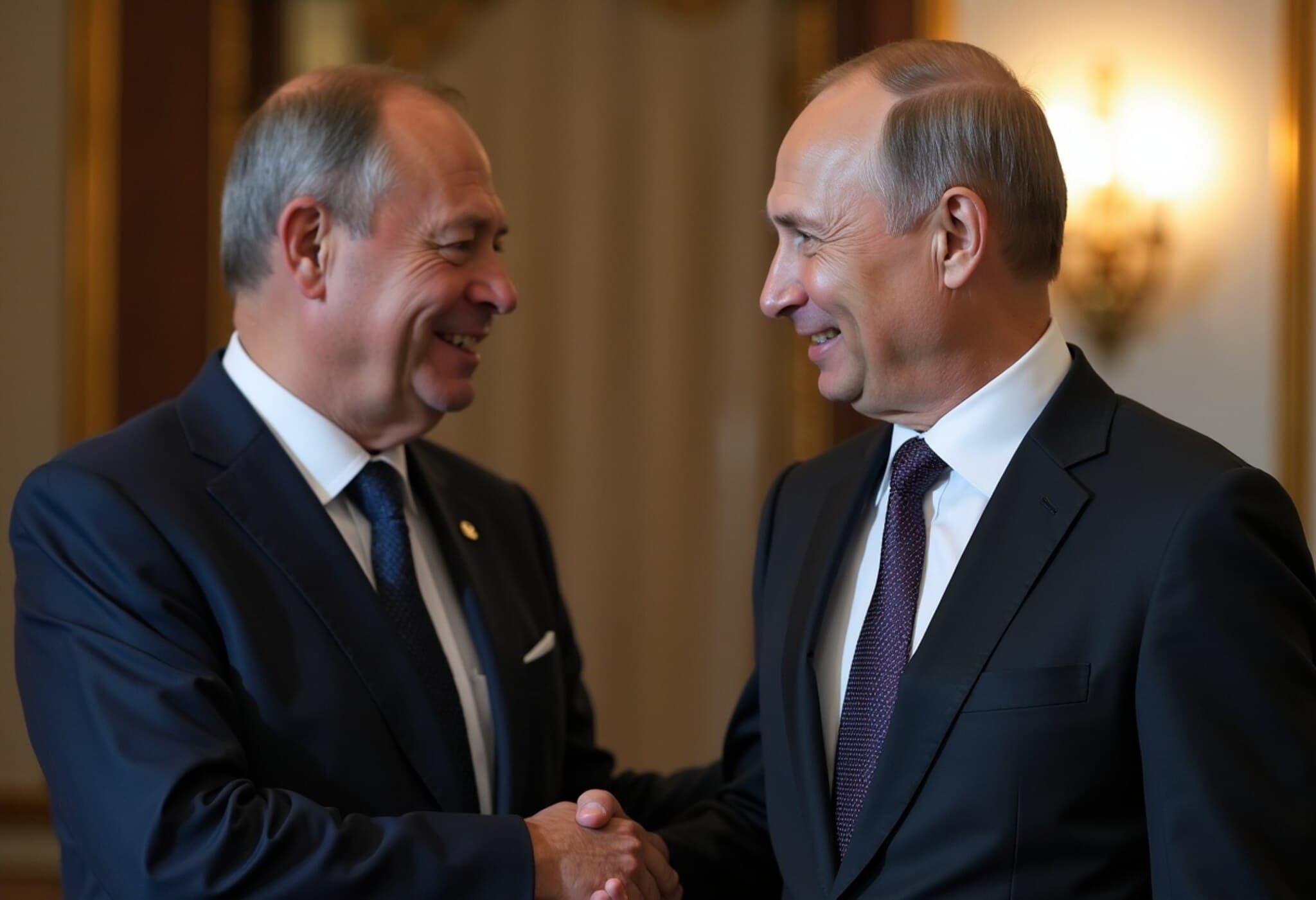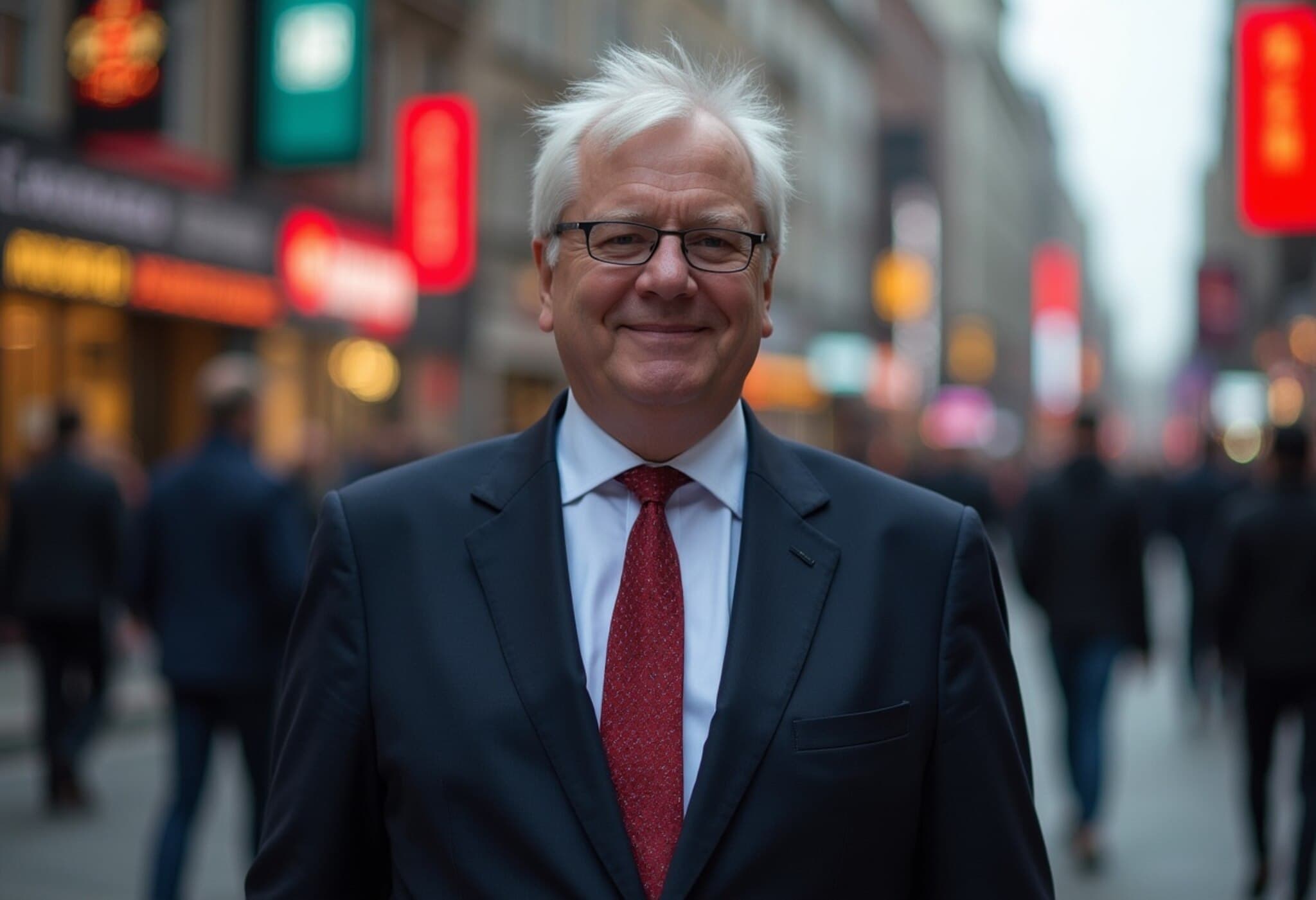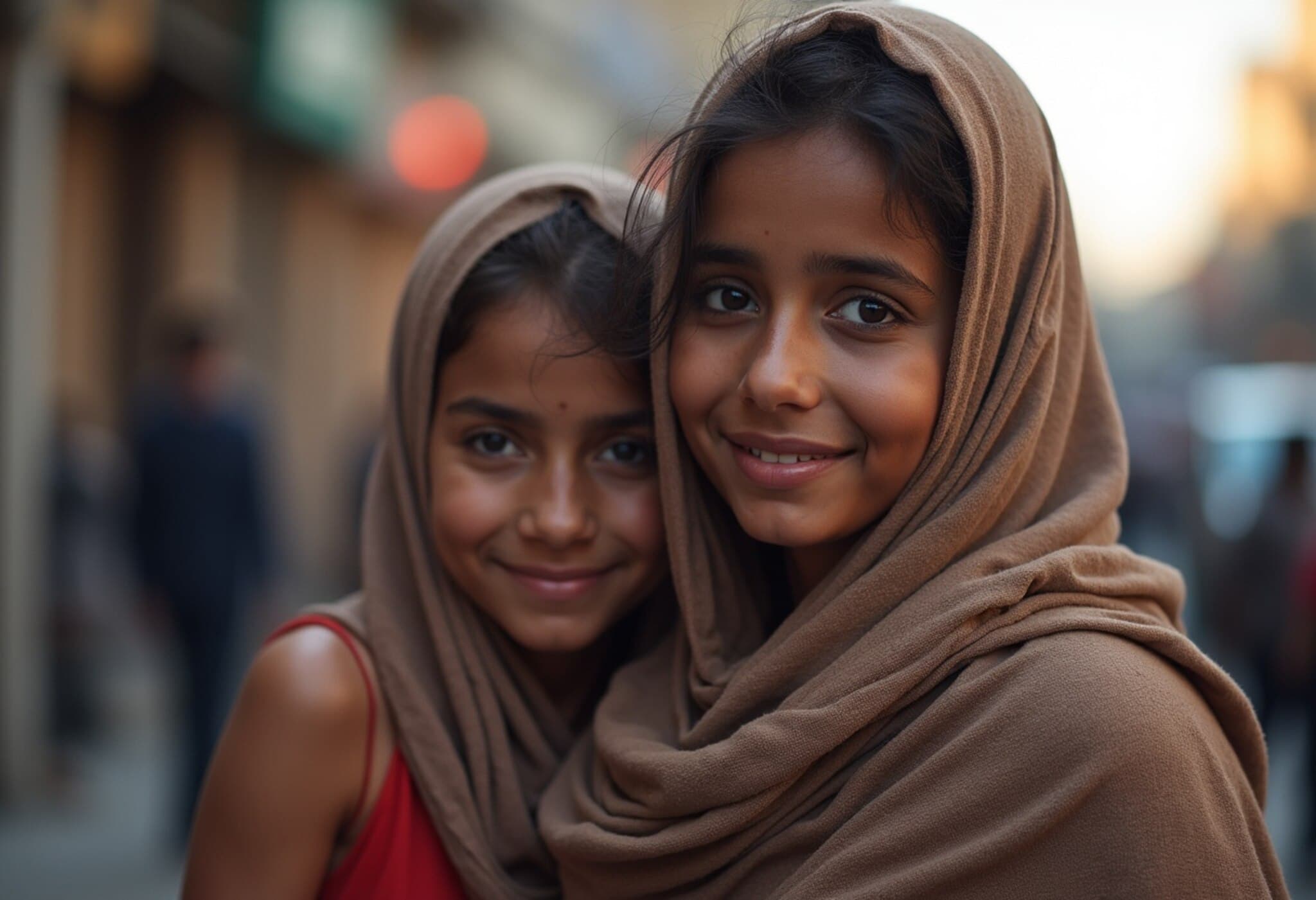Iran Reaffirms Commitment to Peaceful Nuclear Program
Iran's President Masoud Pezeshkian has publicly stated that his country is not pursuing nuclear weapons but remains determined to defend its legitimate rights to peaceful nuclear energy use. This declaration came amid a tentative ceasefire following intense clashes with Israel that lasted nearly two weeks.
Dialogue with UAE Highlights Regional Tensions
In a phone conversation with United Arab Emirates President Mohammed bin Zayed, Pezeshkian emphasized that political ambitions cannot be forced upon countries by coercion or military pressure. "We expect you to explain to them, in your dealings with the United States, that the Islamic Republic of Iran is only seeking to assert its legitimate rights," he expressed.
Commitment to Negotiations
Addressing concerns over Iran's nuclear program, Pezeshkian reaffirmed Tehran’s openness to diplomacy, stating the country is ready to resolve the issues through dialogue. He stressed that Iran has never sought nuclear arms and remains focused on peaceful applications.
Escalation and Recent Conflicts
These assurances come after a series of lethal strikes targeted Iranian nuclear sites and prominent scientists, which further inflamed regional hostilities. Notably, the United States carried out unprecedented attacks on facilities in Fordo, Isfahan, and Natanz.
The recent confrontations erupted less than three days before scheduled talks between Tehran and Washington concerning Iran’s uranium enrichment program — a contentious point. While Iran views uranium enrichment as an inalienable right, the US maintains that it is a red line not to be crossed.
Implications for Regional Stability
The fragile ceasefire offers a window for diplomatic engagement, yet underlying tensions remain potent. Iran’s stance suggests a firm yet cautious approach as it seeks international recognition of its nuclear activities under peaceful terms.
What’s Next?
- Upcoming negotiations could shape the future of Iran's nuclear program.
- The balance between national rights and global security concerns continues to challenge diplomacy.
- Regional powers watch closely as events unfold, seeking stability after prolonged unrest.

